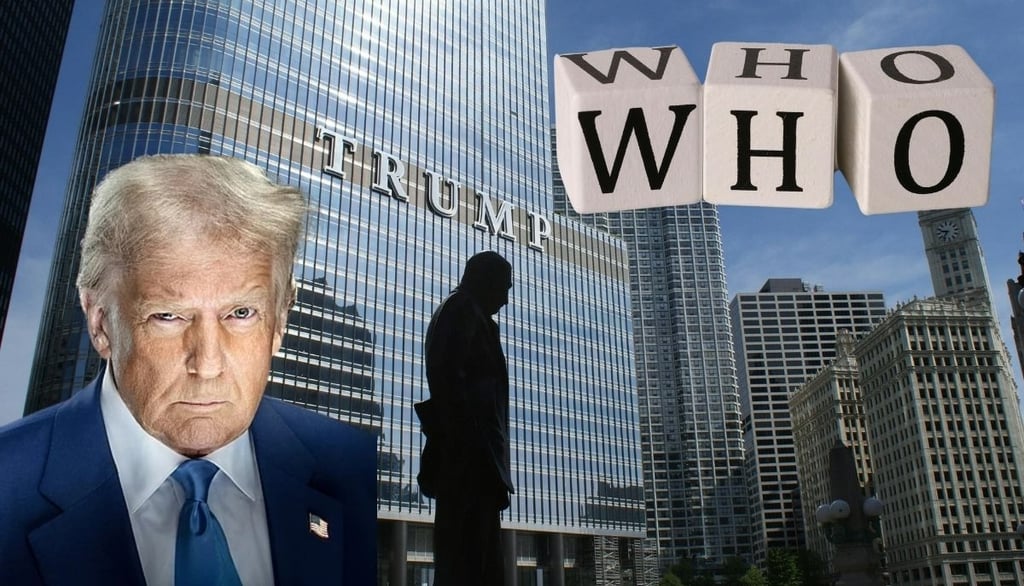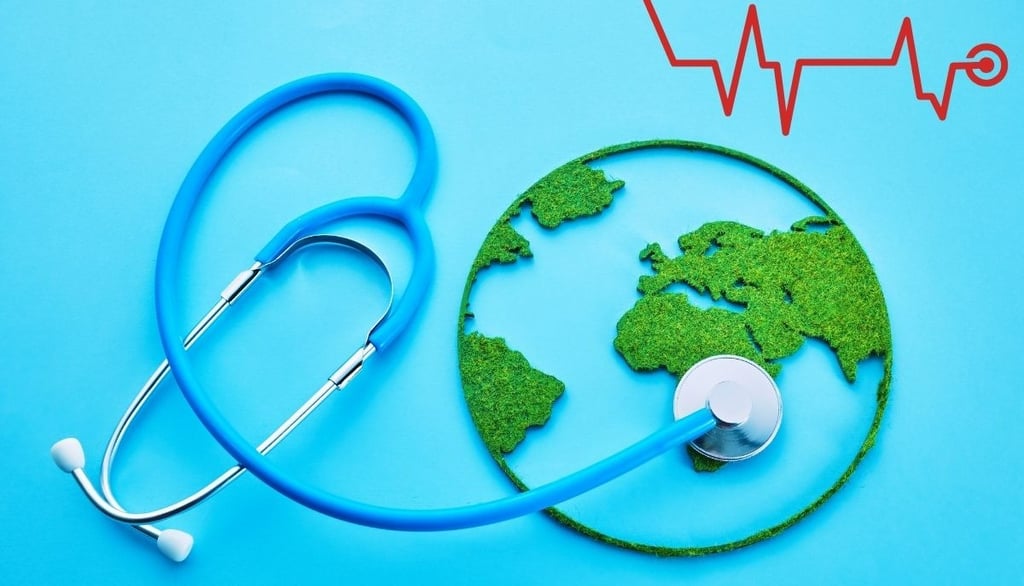President Trump's Decision to Withdraw the United States from the World Health Organization
President Donald Trump has announced the United States' withdrawal from the World Health Organization (WHO), citing concerns over the organization's handling of global health crises and financial disparities.
1/21/20253 min read


On January 20, 2025, President Donald Trump signed an executive order initiating the United States' withdrawal from the World Health Organization (WHO).
This decision significantly affects global health initiatives and the United States' role in international health diplomacy.
Background of the World Health Organization
The World Health Organization is a specialized agency of the United Nations responsible for international public health. Established in 1948, its mission is to promote health, keep the world safe, and serve the vulnerable. The WHO coordinates responses to health emergencies, develops health guidelines, and supports countries in achieving their health objectives.
President Trump's Rationale for Withdrawal
President Trump's executive order outlines several reasons for the withdrawal:
Mishandling of the COVID-19 Pandemic: The administration criticized the WHO for its response to the COVID-19 outbreak, alleging delays and a lack of transparency.
Political Influence: Concerns about the WHO's independence were raised, with accusations of undue influence from certain member states affecting its decision-making processes.
Financial Disparities: The United States has been the largest contributor to the WHO's budget. The administration highlighted the disproportionate financial contributions compared to other nations, particularly China, which has a larger population but contributes significantly less.
Read more: David Beckham and Prenetics Unveil IM8


The announcement of the United States' withdrawal from the World Health Organization (WHO) has elicited varied responses:
Health Experts: Many have expressed concern that the withdrawal could reverse progress in combating diseases and weaken global health initiatives. The U.S. has been a major contributor to the WHO, providing approximately 16% of its funding in the 2022-2023 period. An abrupt withdrawal would create a significant financial shortfall, impairing the organization's capacity to address health emergencies, including disease outbreaks and humanitarian crises.
International Community: Some nations have urged the United States to reconsider, emphasizing the importance of collective action in addressing health crises. Germany, for instance, intends to lobby President Trump to reverse his decision, highlighting the critical role of the U.S. in global health leadership. The World Health Organization has also expressed hope for a change of heart, seeking constructive dialogue to maintain the partnership that safeguards the health and well-being of millions worldwide.
Domestic Response: Within the U.S., opinions are divided. Some support the decision, citing the need for organizational reforms within the WHO. However, others warn of potential national and global health security risks. The withdrawal could hinder collaborations on initiatives such as vaccine development and disease surveillance, ultimately affecting the nation's ability to respond effectively to health emergencies.
Financial Implications: The U.S. has been the largest single donor to the WHO, contributing approximately 16% of its funding in the 2022-2023 period. This financial support has been crucial for various global health initiatives, including programs for HIV, tuberculosis, and other health challenges. The withdrawal could lead to substantial setbacks for organizations and countries reliant on U.S. funding for these crucial health programs.
Impact on Global Health Initiatives: The U.S. withdrawal could significantly impair the WHO's capacity to coordinate international health programs and policy. The organization relies on member contributions to fund its operations, and the loss of U.S. funding would be a major blow to its budget and ability to manage global health emergencies effectively.
Strategic Considerations: Experts argue that the U.S. withdrawal from the WHO is a strategic mistake, as it would undermine the nation's standing as a global health leader and make it harder to address health crises that transcend borders. The decision could also affect other global health endeavors, including ongoing funding for vaccines and programs to combat diseases like AIDS, with potential policy changes impacting international collaborations.
Read more: David Montgomery and the Carrot


Historical Context
This is not the first time the United States has moved to exit the WHO. In 2020, President Trump initiated a similar withdrawal, citing comparable concerns. However, this process was halted by President Joe Biden upon taking office in 2021. The current withdrawal is set to take effect in one year, during which the U.S. will cease funding and reassign federal staff associated with the WHO.
Conclusion
The United States' withdrawal from the World Health Organization marks a pivotal moment in global health governance. As the process unfolds over the next year, the implications for international health initiatives, funding structures, and diplomatic relations will become more apparent. The decision underscores the complex interplay between national interests and global health imperatives.
Pure Vegan Path
Explore plant-based living and delicious recipes.
Contact
Newsletter
info@pureveganpath.com
123-456-7890
© 2024. All rights reserved.
